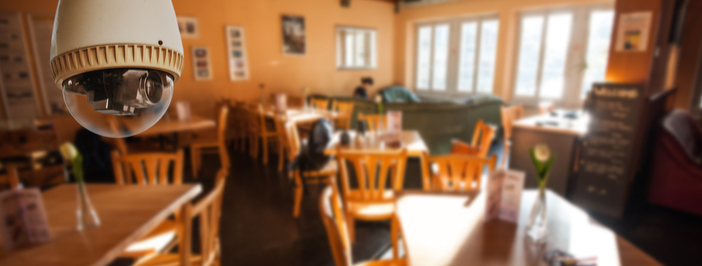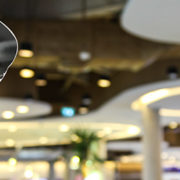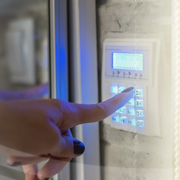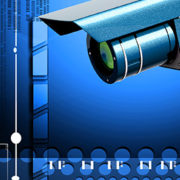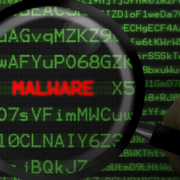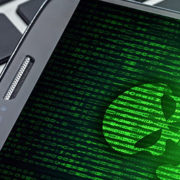Physical security for your hospitality organization
In any hospitality business, be it food and beverages, travel and tourism, recreation, or lodging, the owner is responsible for ensuring visitors’ safety and protecting all the business’s assets. However, most organizations only focus on the administrative aspect of security without realizing that physical security is the first line of defense in any brick-and-mortar establishment.
An all-rounded security framework lets you develop and enforce clear security standards, giving you absolute governance over your entire premises. Let’s discuss more on the importance of physical security in a hospitality facility:
Security risks in the hospitality industry
Like many other physical establishments, the hospitality business faces a myriad of security threats. Hospitality businesses are particularly susceptible to some unique threats. This is because the customers and workers have unlimited freedom of movement and are entitled to a certain degree of privacy. Here are some common security risks surrounding the hospitality industry.
Unauthorized visitors
It’s nearly impossible to keep track of all the visitors in a hotel, bar, or restaurant, especially during peak hours when they’re packed full. This means malicious individuals can easily sneak into the establishment undetected and even reach highly restricted areas.
Theft
A recent survey involving 1,157 hoteliers revealed some bizarre theft activities in 4- and 5-star hotels. According to the respondents, hotel guests and outsiders often made away with cheap and valuable items, ranging from fittings to electronics. The survey shows just how easy it is to lose valuables in and around a hospitality facility.
Safety emergencies
Every facility where people gather in large numbers needs to meet specific safety standards to mitigate uncontrollable threats. These threats include fire, natural disasters, gas leaks, and electrical problems. You can put in place measures to prevent or control some emergencies. And have a way to maintain order during stressful situations to avoid injury, loss of life, and property damage.
Misconduct
It’s common for some guests to become rowdy and out of control, especially in bars and clubs. Aggressive disorderly behavior can easily result in property damage or even injury. If poor guest and employee conduct is left unchecked, things can get out of hand, damaging the business’s reputation and standards.
Insider threats
Guests, burglars, and outsiders are not solely responsible for cases of vandalism, theft, or misconduct. Sometimes workers share the blame, too. In fact, workers can easily jeopardize security and enterprise operations by breaking the business from the inside.
Cyber threats
As the 2019 Insights CyberThreat Report puts it, public WiFi, online guest services, and credit card information are some of the main target areas for hackers. Cybersecurity has become a crucial consideration in hospitality businesses as the industry quickly shifts to online check-in, booking, and payment systems.
Key elements of modern physical security systems
Most people picture security guards, blaring sirens, and security dogs when they think about physical security. But nowadays, physical security is much more sophisticated and subtle. Intelligent digital systems have quickly replaced these cliché security details. Modern security systems majorly focus on four areas:
- Surveillance: Intelligent surveillance systems enable 24/7 monitoring and reporting of suspicious activities. These also allow you to keep an eye on your employees and supervise productivity.
- Access control: Electronic locks equipped with biometric scanners, key-card entry, and motion tracking are the new lock-and-key to control and monitor access to restricted areas.
- Intruder detection systems: An intruder detection system warns you or triggers automatic countermeasures when someone attempts to enter a restricted area.
- Alarm systems: They send mass notifications to alert crew members and guests of emergencies. These systems are heavily interconnected with other security systems and multiple sensor arrays.
Although the worst of the pandemic is now behind us, social distancing rules and other restrictions still apply to public places. Physical security has a place in ensuring that guests and employees follow COVID-19 prevention guidelines. For instance, some systems can monitor movements to determine which areas are at capacity and how people behave concerning social distancing.
A business physical security system’s main objective is to protect assets, facilities, workers, and customers. But these systems do a lot more than offer security. Depending on its configuration, a security system can minimize various risks while serving as a productivity tool. To learn more on how we can protect your hospitality business, contact TFE today.

